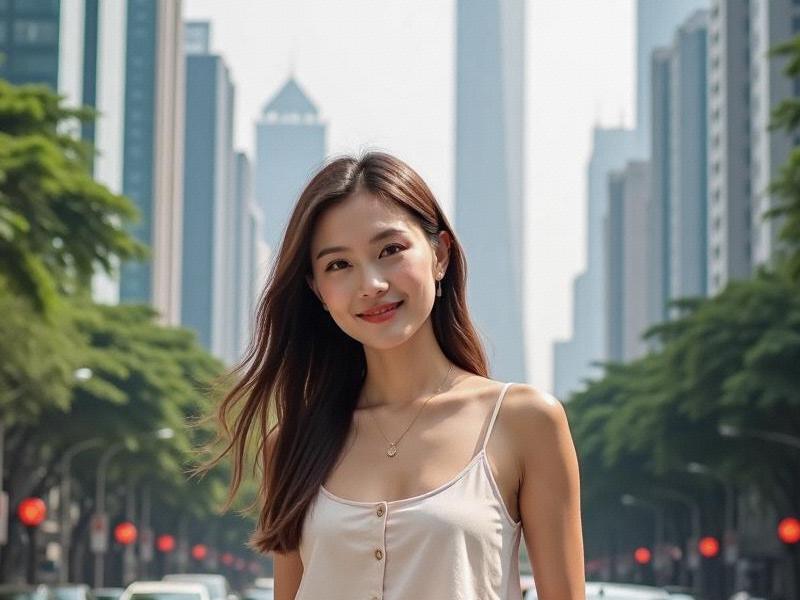This investigative report examines how Shanghai's beauty ideals reflect broader societal changes in China's most cosmopolitan city.

The morning ritual at Nanjing Road's Sephora flagship reveals much about modern Shanghai. As beauty consultants mix customized foundations for clients ranging from college students to socialites, they navigate a complex landscape where traditional Chinese aesthetics intersect with global trends. This is ground zero of Shanghai's ¥84 billion beauty economy - a world where appearance carries profound social and professional significance.
Current demographic data shows:
- 73% of Shanghai women aged 18-35 use premium skincare
- 42% increase in cosmetic procedures since 2022
- 68% of female executives consider appearance part of professional branding
- 19 distinct beauty subcultures identified in the city
Three structural forces shape Shanghai's beauty landscape:
1. The Commercial Engine:
- Luxury malls dedicating entire floors to beauty tech
- AI-powered skin analysis becoming standard
- "Try before you buy" augmented reality apps
上海花千坊龙凤 2. The Cultural Fusion:
- Traditional Chinese medicine in modern formulations
- "Guochao" (national trend) makeup collections
- East-West hybrid styles gaining popularity
3. The Social Dynamics:
- Workplace appearance expectations
- Marriage market pressures
- Social media influencer effects
Emerging trends redefining beauty norms:
1. From Conformity to Individuality:
- Rise of "imperfect beauty" movements
上海喝茶群vx - Gray hair acceptance among young women
- Tattoos becoming fashion statements
2. From Consumption to Consciousness:
- Sustainable beauty product demand up 57%
- Cruelty-free certification becoming important
- Refillable packaging trends
3. From Physical to Digital:
- Virtual influencer collaborations
- Metaverse makeup collections
- NFT-based beauty collectibles
The socioeconomic impact includes:
上海品茶网 - 28,000 beauty-related jobs created since 2023
- 12 new beauty-focused professions emerged
- ¥15 billion in related education/training revenue
Ongoing challenges:
- Mental health impacts of beauty standards
- Regulatory gaps in emerging beauty tech
- Balancing tradition with modernization
Human perspective:
At a Xuhui district salon, 26-year-old stylist Mia Zhang observes: "Our clients want to look Shanghai-beautiful - polished but not artificial, fashionable but not extreme. It's a delicate balance."
As Shanghai positions itself as Asia's beauty capital, fundamental questions remain about healthy self-image in the digital age. The city's approach may offer lessons for global cities grappling with similar issues.